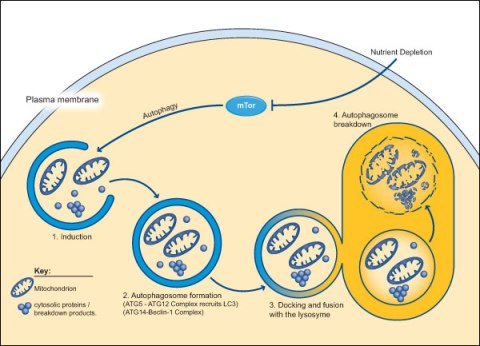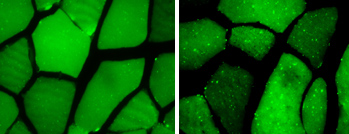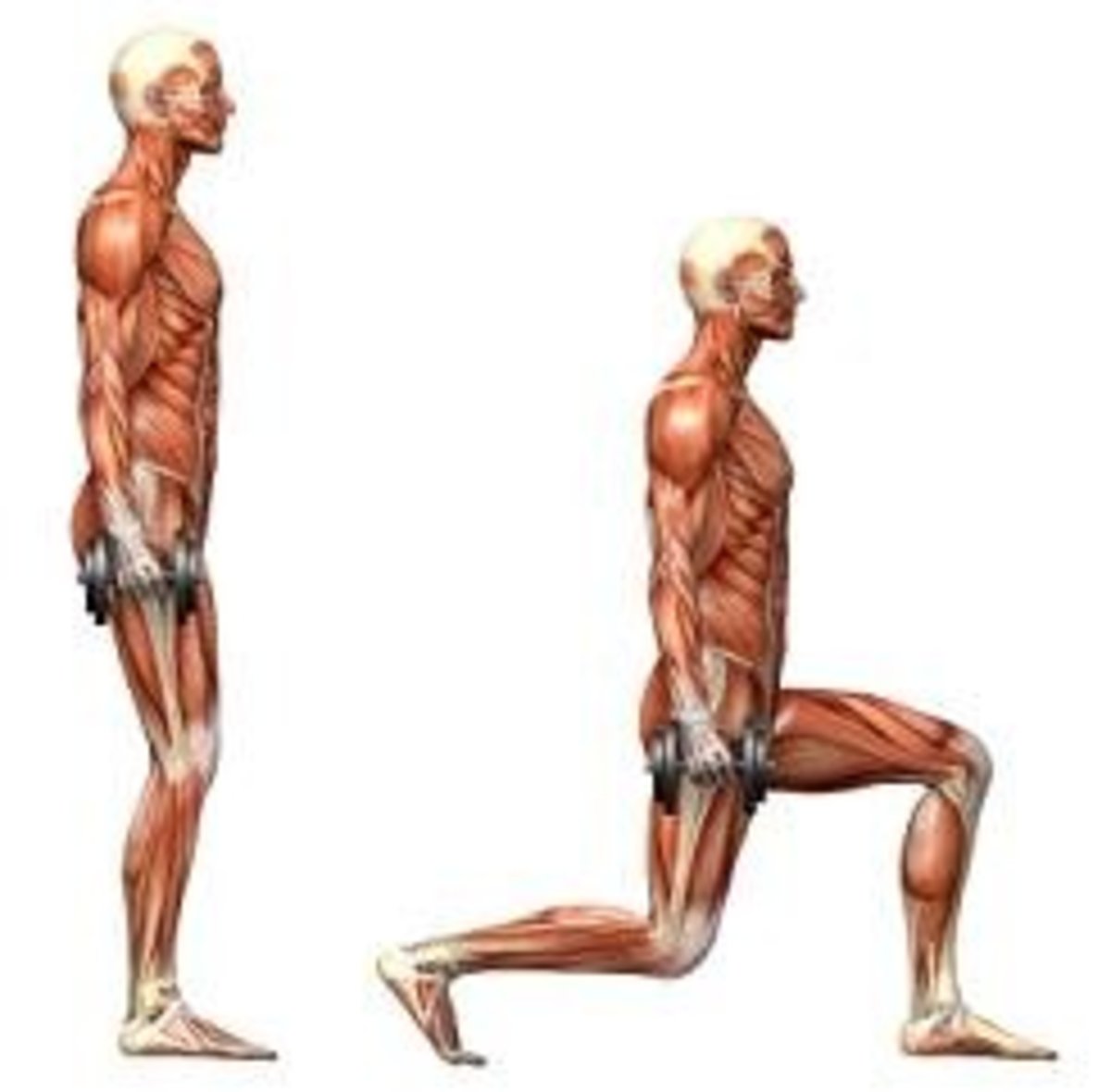Exercise: Beneficial Autophagy and Disease Prevention
Major benefits of exercise
There exist several key factors that exercise can promote:
- Improved cardiovascular function and endurance
- Beneficial decrease and/or normalization of blood pressure
- Stress relief
- Decreased risk of various types of cancer and cardiovascular diseases
- Lower chance of having diabetes
- Significant improvement in mood with anti-depressant effects

It is indisputable that everyone knows how exercise can manifest beneficial effects on our body and mental health. Besides popular well-known health benefits, the more we go toward molecular basis, the less we know. Despite such low evidence, an emerging field of study is going to give fascinating results about a core process inside our body's cells known as autophagy.
What is autophagy?
Autophagy is an essential process of the cell, promoting recycling of worn-out, unused or broken organic components inside the cell. As a consequence from sorting out these molecules with the aid of lysosomes, normal cell development, growth and homeostasis is regulated. While the phenomenon has been studied since 1960, an explanation of its purpose neither have been discovered nor clarified.
It has been speculated that autophagy may play a fundamental role in disease prevention. Few data confirms its effectiveness against certain bacteria like Mycobacterium tuberculosis. A connection between impaired autophagy and aging is also still under investigation.


The study
In a paper published on January 18, 2012, in the journal Nature, scientist have speculated that exercise - along with starvation - can boost autophagy because of increasing energy demands of the cells. In order to test the hypothesis, they used transgenic mice whose muscle cells produced a fluorescent glowing protein when autophagy occurs. It is essential to note that in transgenic mice a gene called B-cell lymphoma 2 (BCl-2) suffered a mutation which caused inhibition of stimulus-induced autophahy (exercise, starvation) even though basal autophagy remained present, the purpose of the study was to determine the difference between autophagy efficiency in normal and mutated mice.
Testing endurance
After placing and letting run normal and transgenic mice on treadmills for 30 minutes, they've noted that mice with specific genetic mutations responsible for this recycling process became exhausted long before normal mice did. Apparantely the reason was that mutated mice couldn't metabolise sugar effectively, thus the cells weren't able to produce sufficient energy anymore.
What happened with normal rodents?
In normal mice's muscle, heart, liver and pancreatic cells, fluorescent spots showing autophagy were detected. This explained unequivocally the effective metabolism and intake of sugar by their cells.
High-fat diet in the mirror of weight gain and weight loss
To assure the ineffectiveness of exercise in the case of mutant mice, researchers put both of the groups on a 4-week high-fat diet. The results weren't surprising, both of the groups gained significant weight and developed a disorder similar to diabetes-2.
What happened when mice were put on another exercise program?
While still feeding them a high fat diet, mice had to do an eight week exercise program. The results showed lowered body weight in both of the groups, however in mutant mice blood sugar levels remained relatively high since an enzyme called AMP kinase
The research team's next step will be to clarify connections between autophagy and protection against cancer and neurodegenerative diseases. An interesting fact regarding AMP kinase could server as important prime factor. Diabetics who take this enzyme as a medication to aid sugar metabolism, have lower chances of getting cancer than those who don't take this drug.
Conclusions
Should we exercise regularly? With increasing evidence of positive benefits, we can calmly affirm that if autophagy really helps maintain our cell's health, at least 30 minutes of exercise a day could prevent aging and elongate lifespan. Indeed, exercise is a useful activity.








